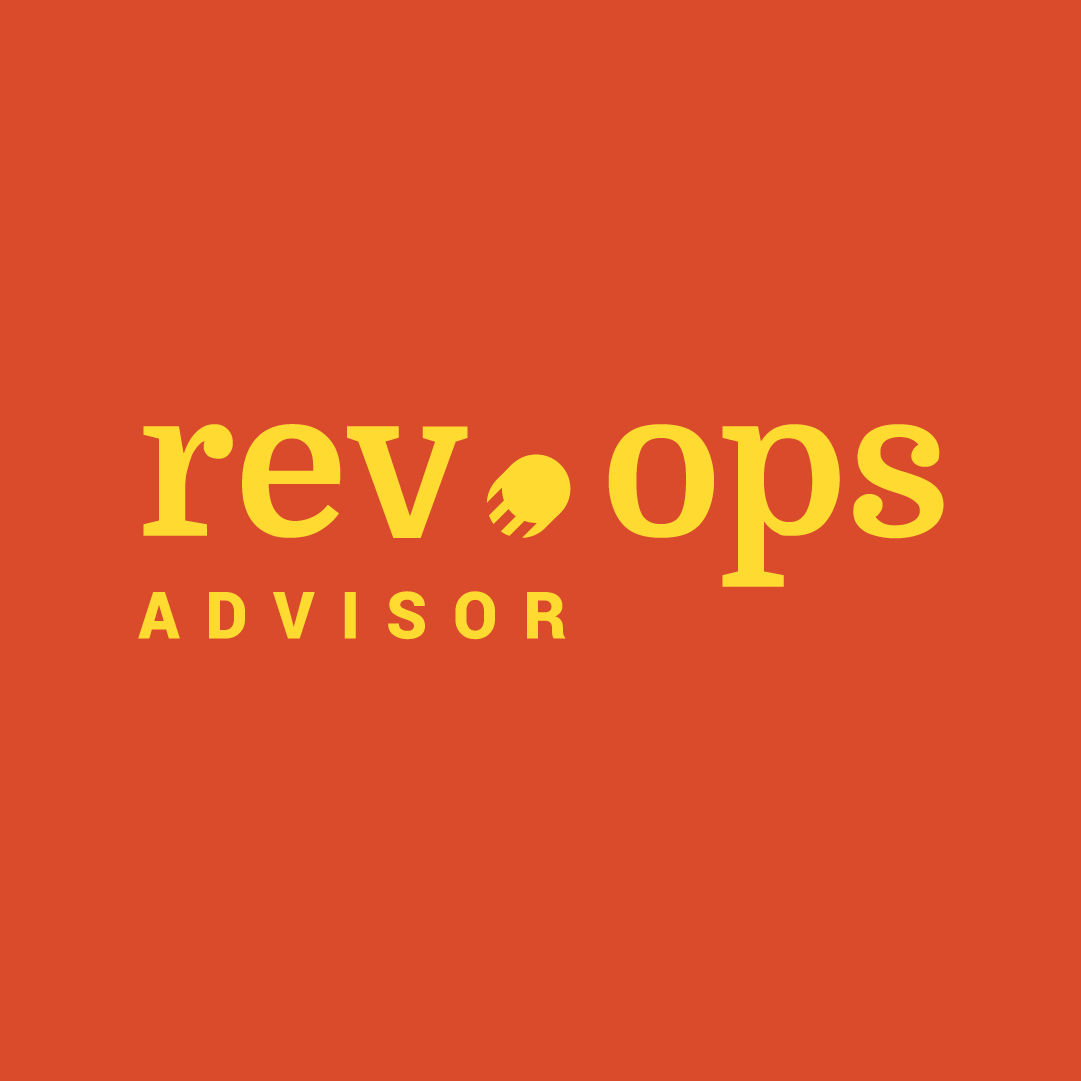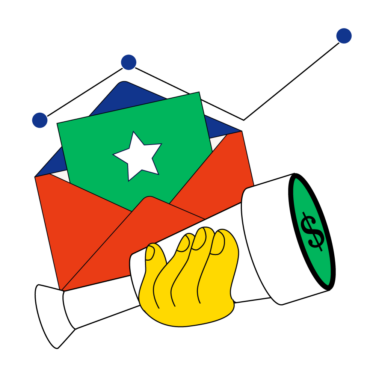Implementing contract lifecycle management (CLM) software can help your team save time, collaborate more effectively, and streamline their workflows. If your business manages contracts, you likely already have a contract management system in place. But is it working for you, or the other way around?
With the right software, you’ll be able to get rid of clunky old filing cabinets and welcome an organized and secure cloud-based solution. Your team can automate repetitive tasks and spend more time being productive. But there are a lot of options out there, and you might not know which one’s the best fit for your needs. Keep reading for tips on what to look for in contract management software.
What Is Contract Management Software?
Contract management software are SaaS tools that support the development, execution, and management of your company’s contracts — otherwise known as the contract lifecycle. They usually include contract editing tools, e-signature functionality, and a cloud-based repository for more organized and secure contract storage.
Who Uses Contract Management Software?
This really depends on the types of contracts your company uses and the stakeholders that need to approve or sign contracts at different lifecycle stages. Professionals who use this type of software most are procurement and HR teams, legal teams, and sales teams.
Contract Management System vs. Contract Management Software

Any company that handles contracts will have some kind of contract management system in place. This could mean having set processes, designated stakeholders, and various tools that make up the broader structure of how contracts are produced, approved, signed, and stored.
Contract management software, on the other hand, is a tool that supports the bigger system and helps it run smoothly. This can include automating approval flows, facilitating e-signatures, standardizing clauses and structures, and keeping documents organized and accounted for.
You might have a system in place, but is it efficient? Do you have automation in place? Is there a central repository for the safekeeping of contracts? Can you track your contract KPIs? These are the differences contract management software can make to your existing system.
The Benefits of Contract Management Software
Using software as part of your contract management system can help you reduce manual workloads, standardize processes, and understand the performance of your contracts and contract workflows. Here are a few key benefits you can achieve using common contract management software features:
- Speed up contract drafting: Customizable contract templates, clause libraries, and auto-populated fields help users write up contracts more quickly.
- Reduce manual workloads: Integrations with other SaaS tools, electronic signatures, and contract activity notifications make processes more automated.
- Streamline processes: Automated workflow builders, real-time collaboration, approval workflows, and auto-renewals make for a smoother contract lifecycle process.
- Organize and secure documents: A searchable contract repository, access permissions, audit trails, and end-to-end encryption keep documents secure and well-managed.
- Monitor contract lifecycle performance: Dashboards, reporting, and analytics help users monitor process efficacy, spot bottlenecks, track contract performance, and identify issues that can render a contract void.
What To Look For In Contract Management Software
Having a hard time finding the best software for your team? You’re not alone. More than 77 percent of B2B SaaS purchasers have struggled to find the right tool.
77% of B2B software buyers state that their latest purchase was very complex or difficult.
Gartner
If you’re on the hunt for a contract management solution that meets your business needs, here are 6 key things to look out for:
1. Functionality
Before you select a software vendor, consider if there are any specific functionalities that would benefit you. For example, some contract management software is built specifically for sales teams, legal teams, or procurement teams. Take into account which teams at your organization will be using the platform and what type of software would benefit them most.
Understanding what exact parts of the contract lifecycle a tool supports — and how — is also essential in finding one that’s right for you. Do you need support tools for paying sales commissions? Or would shortening the sales cycle make more of a difference? Look for the functionality that will have the biggest impact for your teams from the providers you check out.
2. Features
This software offers a range of standout features, including:
- Artificial intelligence-powered content generators
- Customizable contract template galleries
- Contract negotiation features
- E-sign for various file formats
- In-browser redlining, commenting, and tagging
- An automated contract approval process
- Adding amendments after sending
Consider whether you need software with stronger drafting, collaboration, negotiation, management, or reporting features. When you understand the specific challenges your teams are currently facing with their contract management process, you can look for features that will alleviate those challenges.
3. Usability
For a tool that’s meant to streamline and automate, it’s important to find something that’s user-friendly and simple to navigate. Ease of use is especially important if multiple teams or departments will be using the software.
Many contract management platforms offer free trials and demos so you can test out the platform before purchasing. Pay attention to whether it’s intuitive and easy to find the features and functions you’re looking for, or if you have to dig around for things.
4. Integrations
When you’re looking for a CLM, you’ll want to find software that connects with your existing tech stack. If it doesn't have the right integrations, it can end up causing more manual work, inefficiency, app-switching, and headaches for your teams. So when you add CLM software into the mix, it’s important that it has the integrations you need to connect it with your existing tech stack.
You might want to sync contract data into your CRM or spreadsheets or use existing documents for contract creation. Contract management solutions have integrations to Microsoft tools, Salesforce, Adobe Sign, and more, so figure out which ones will be most impactful for your team.
5. Customer support
Some CLM software can be complex to implement and use, so you might need extra support to onboard your teams in the product. There could be features you’re not aware of or integrations that would make a big difference in your team’s flow of work. And if something’s not working and it holds up an important contract, that could have a real impact on your bottom line.
Taking all this into account, the way that different providers manage their customer relationships can be a meaningful factor in which software you choose. Do they offer onboarding and ongoing support? Is there a good help center or customer community you can go to for answers?
More Articles
6. Pricing
Like death and taxes, facing a software budget is inevitable. It’s important to look at not just the price tag, but also the functionalities and feature set a software solution comes with and what kind of ROI your team will get from it.
Weigh the cost of the product against the time, money, and manual workloads you’ll save by investing in it. Many providers also offer free trials and demos, so take advantage of the opportunity to try before you buy.
Need expert help selecting the right Contract & eSigning Software?
We’ve joined up with Crozdesk.com to give all our readers (yes, you!) access to Crozdesk’s software advisors. Just use the form below to share your needs, and they will contact you at no cost or commitment. You will then be matched and connected to a shortlist of vendors that best fit your company, and you can access exclusive software discounts!
Choosing A Contract Management Solution
No one platform can be deemed the very best because no two businesses run the same way. But this buyer’s guide can help you narrow down the key features, functionalities, and things to consider when you’re looking for a contract management solution.
To help you find the best tool for your team, we’ve rounded up a list of the best contract management software options available. If you’d like to stay up to date with the latest content and insights from the RevOps Lead, subscribe to our newsletter mailing list!



